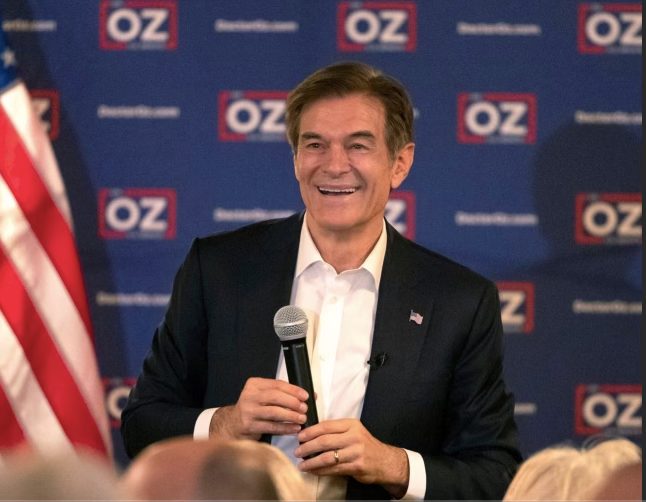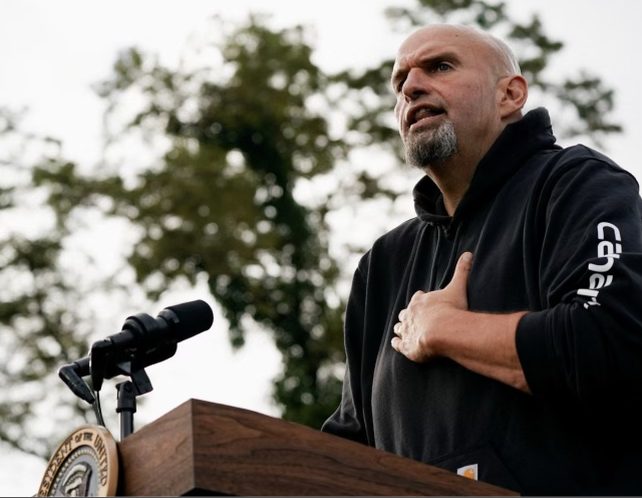
A 2020 research study found that “39-59% of college students depending on where they go to school will experience missing one or more meals a week due to its inaccessibility to them in some way” during a normal month (Biomed.com). From not being able to get up the stairs on weekends, having too many classes back to back during the day, or just not having enough in the budget to afford backup food in a dorm is a harsh and hungry reality many students may face.
In an attempt to combat this problem, our Student Government under Student Development’s guidance started a food pantry during COVID-19. It was small at first, but it slowly expanded to the downstairs in Walton, Kea-Guffin, and Gough kitchen. The pantries are on a take-as-you-need basis with an emphasis on as you need. Items provided include soups, canned chicken/tuna, pre-cooked rice, mac-n-cheese, nuts, granola bars, toiletry items for men and women and so on. Eastern’s student government still has the privilege of stocking and maintaining these areas bi-weekly through our committed pantry team.
Earlier in the 23-24 academic year, Student Development was given several grants for Eastern’s food insecurity. First, the “PA Hunger-Free Campus Grant totaling $39,618.00” is in effect as of January 1st of 2024 and is designated to be used by Student Development “to first expand our food pantry services from the four existing full-service sites and the two ‘mini’ sites to the least four new full-service pantry locations on campus, including three more residence halls.” This alone is predicted to be able to serve over double the current reach of the pantry. Then once these areas are fully operational, they will increase the variety and freshness of the food available as well as make dietarian accommodations such as vegetarian, gluten-free and kosher foods available. Secondly, the $6000 grant through Swipe Out Hunger is assisting the Student Government in purchasing proper organization for the pantry going forward and to have more available in the pantry for the rest of the year, beyond what SGA can allocate within their budget. Thirdly, the Wawa Foundation offered Eastern $1,500 through its food insecurity program which is intended to help students access “food off-campus through grocery store & restaurant gift cards, especially in the case of an emergency.”
Eagle’s pantry is expanding in 2024, thanks to our generous partners. Student development’s goal is to increase support for those who don’t have money to buy a meal, don’t have the time, don’t have access to transport, are a commuter who doesn’t have a meal plan or get caught in emergencies such as January’s electricity outages or the snow storms. Supporting all Eagles no matter nationality, physical condition, gender or sexuality is Eastern’s Administration & Student Government’s highest priority. Please email sga@eastern.edu if you have any feedback about the campus conditions, food insecurity, would like to schedule a meeting with a representative from SGA and so on. If you don’t know where the nearest food pantry is to you, then ask your RA or RD for more direction.
Sources: BMC Public Health, Swipe Out Hunger



